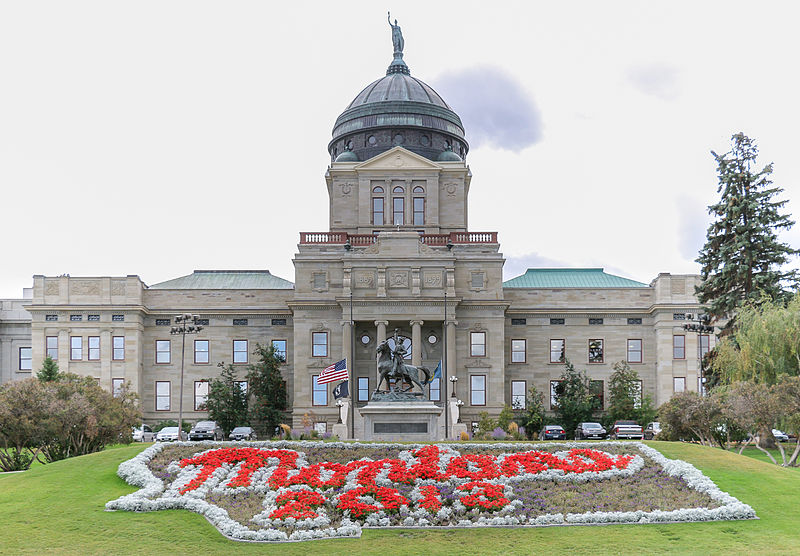
Montana officials are seeking to minimize the significance of a groundbreaking trial focused on the state's responsibility to protect its residents from the impacts of climate change. Attorneys
for Montana's Republican attorney general presented their defense following a week of emotional testimony from young plaintiffs who filed a lawsuit against the state in 2020.
The 16 plaintiffs, aged 5 to 22, argue that they are being harmed by the effects of climate change, such as wildfire smoke and excessive heat. They are requesting that a judge declare a state law unconstitutional, which currently prevents agencies from considering the greenhouse gas impacts when granting permits for fossil fuel development.
Final arguments were expected to be heard earlier than scheduled, after the state failed to call one expected expert witness and significantly limited the testimony of another. The plaintiffs' attorneys had raised concerns about the credibility of these witnesses, who downplayed Montana's contribution to greenhouse gas emissions.
Montana has never denied a permit for a fossil fuel project, according to the plaintiffs' attorneys. However, the state's lead environmental regulator stated that permitting practices would not change if the young environmentalists win the case, emphasizing that they do not have the authority to deny permits that comply with the law.
State officials emphasized the distinction between the law being challenged—a procedural provision of the Montana Environmental Protection Act—and regulatory acts such as the Clean Air Act of Montana. They clarified that permits cannot be rejected based on climate impacts in Montana under existing regulatory acts.
During the trial, the young plaintiffs testified about the adverse effects of climate change on their lives, including the impact of worsening wildfires and drought on air quality, agriculture, wildlife, and recreation. They described personal experiences of respiratory issues caused by wildfire smoke and the disruption to their daily lives.
State District Judge Kathy Seeley has previously narrowed the scope of the case, stating that even if the plaintiffs prevail, she would not mandate officials to develop a new approach to address climate change. Instead, she could issue a declaratory judgment, stating that officials violated the state Constitution. This would establish a legal precedent with courts intervening in cases typically handled by the legislative and executive branches of government.
The plaintiffs are represented by attorneys from Our Children's Trust, an Oregon-based environmental group that has filed similar lawsuits in every state since 2011. This trial marks the first time one of their climate cases has reached trial. A previous climate case filed by the group in Montana was rejected by the state Supreme Court a decade ago.
The trial highlights the impact of carbon dioxide emissions from burning fossil fuels, which contribute to trapping heat in the atmosphere and driving climate change. Carbon dioxide levels in the air have reached the highest levels in over 4 million years, according to the National Oceanic Atmospheric Administration, while greenhouse gas emissions reached a record high last year, as reported by the International Energy Agency. Photo by Martin Kraft, Wikimedia commons.






































